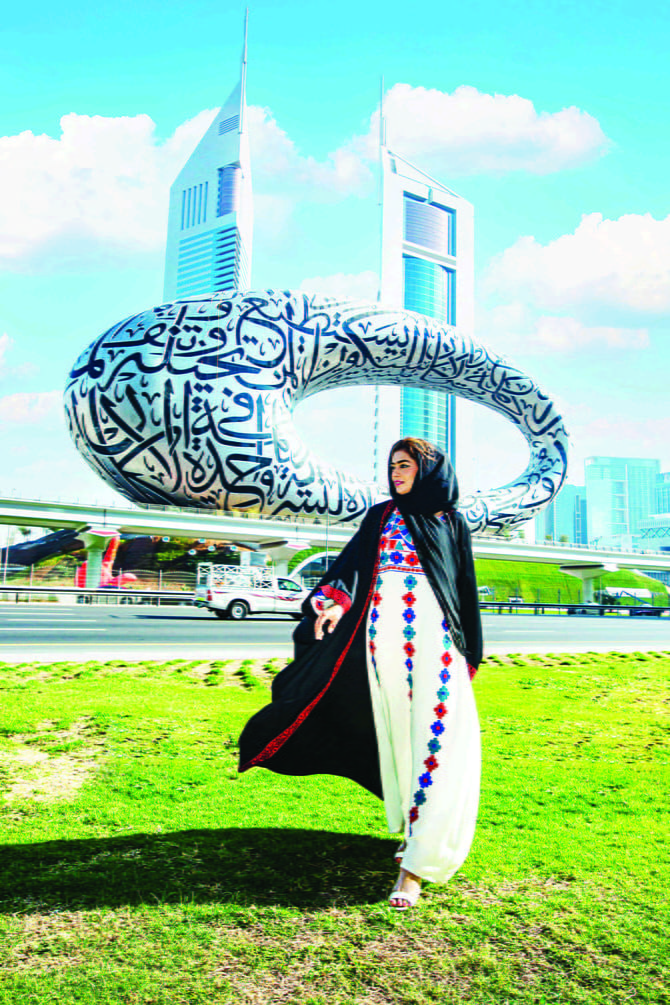The history of women’s empowerment in the United Arab Emirates’ social progress is framed by declining fertility rates and a concerted attempt to incorporate women into the workforce. In the midst of this fascinating journey, where the fertility rate has gradually dropped from 4.54% in 1990 to a measured 1.46% in 2021, the United Arab Emirates is at a turning point in its history, overcoming both obstacles and successes as it works toward a future characterized by demographic transitions.
In the face of economic fluctuations, exemplified by a decline in GDP from $417 billion in 2019 to $349 billion in 2020 before peaking at $508B in 2023, UAE remains steadfast in its commitment to stability. This commitment is reflected in the deliberate strides towards gender equality within the workplace, transforming a historical landscape of imbalance. Political leadership, once devoid of female representation at 0% in 1997, has evolved to an inspiring 50% in 2022. Similarly, management roles have seen growth from a modest 12.20% in 2017 to a commendable 23.6% in 2021, portraying a nation charting new territories with determination. Moreover, as shown in the heat map, female percentage of 6.31% among the total female employed population, compared to a male percentage of 4.92% among the total male employed population, the overall self-employment rate stands at 5.15%. This signifies that, in the realm of self-employment, women play a more substantial role, surpassing their male counterparts and collectively making a significant impact on the overall self-employed landscape in the UAE.
To address the challenges faced, a multifaceted approach is recommended. Firstly, actively promoting women’s participation in politics has proven to be transformative, exemplified by successful models achieving 50% female representation in national parliaments. Additionally, supporting and fostering women’s career advancement is crucial, evident in the rising trend of increased female presence in senior and middle management roles. Furthermore, it’s vital to prioritize maintaining healthy fertility rates. This can be achieved through the implementation of comprehensive family-friendly policies, encompassing affordable childcare, flexible work arrangements, and robust support for parental leave. Low fertility rates, prevalent in Western countries, pose significant concerns, and safeguarding against this trend is crucial, especially in the context of an Arab country like the UAE.
This complex journey has not been without its achievements. The increased representation of women in parliamentary roles and senior management positions serves as evidence of the UAE’s holistic approach to women’s empowerment. These accomplishments underscore the significance of an unwavering dedication to gender-inclusive policies, showcasing the nation’s commitment to ensuring continual progress. As the UAE confidently embraces change, it invites the world to witness a seamless blend of demographic adaptability and a resolute embrace of women’s empowerment, illustrating a nation shaping its future with foresight and purpose.

0 Comments